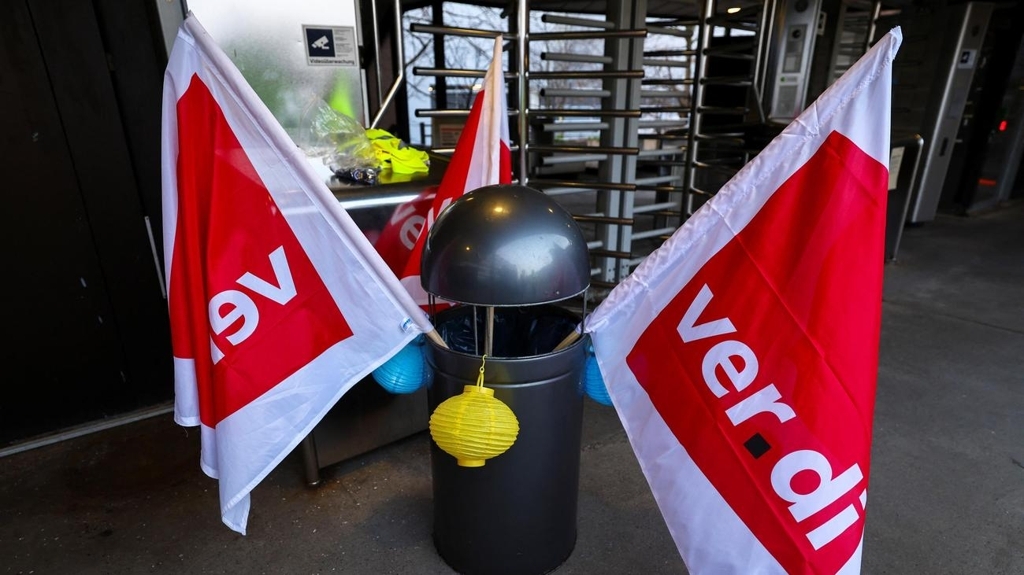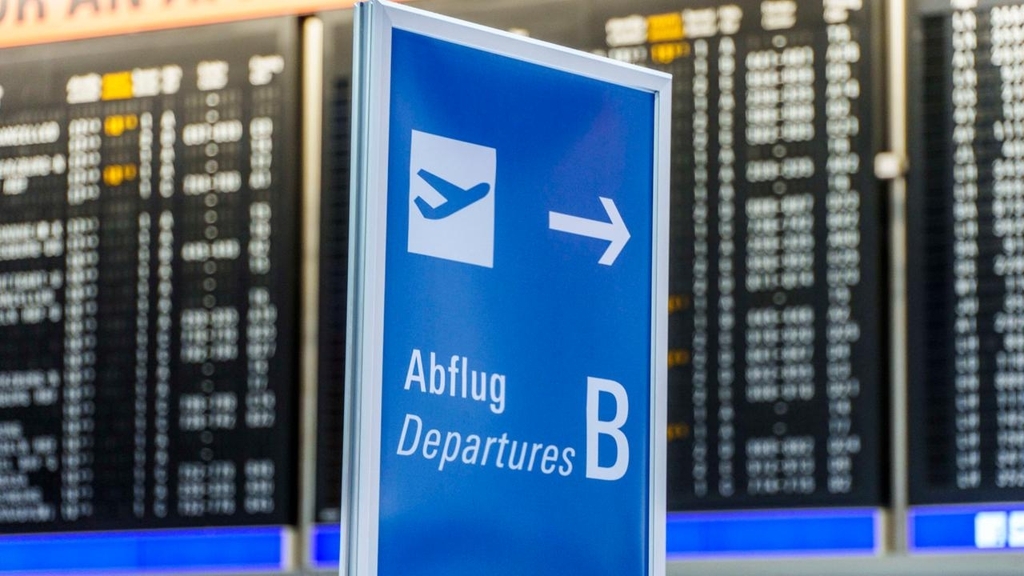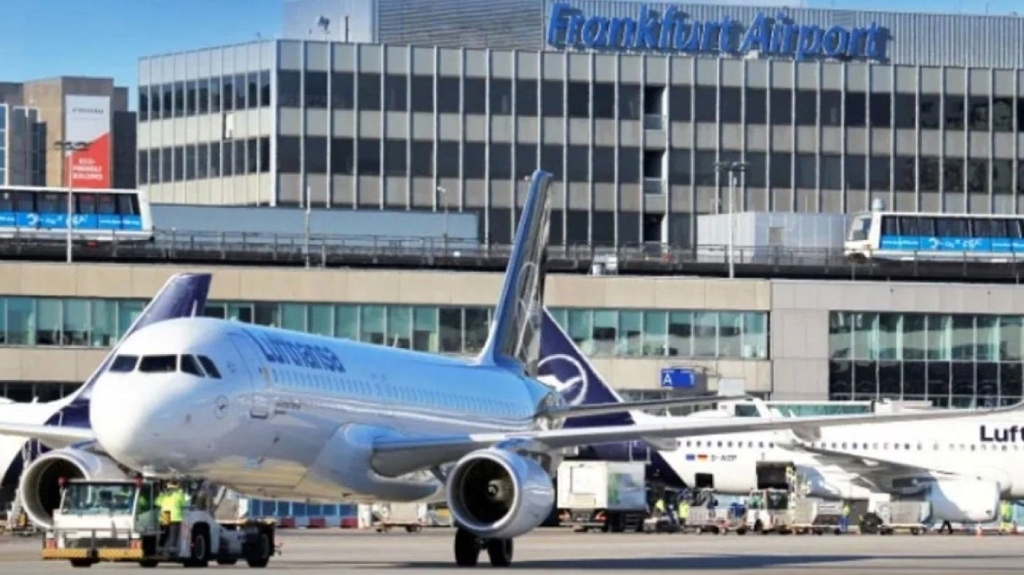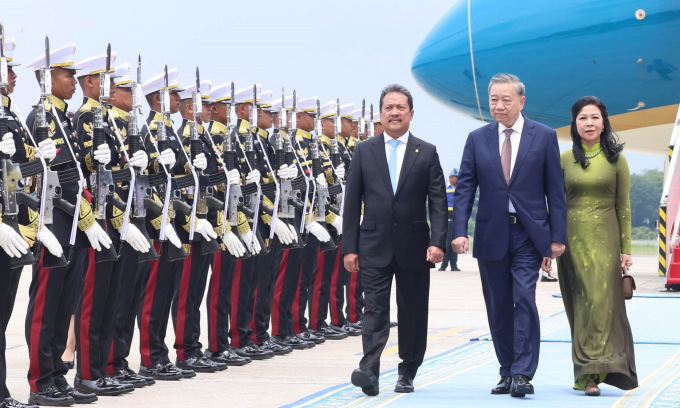Ver.di Strike Disrupts Major Airports Amid Wage Disputes
The Ver.di warning strike is set to disrupt major German airports as workers demand fair wages and improved working conditions.

Key Points
- Ver.di
has called a warning strike impacting major German airports, including
Frankfurt, due to unresolved wage and working condition disputes.
- The strike will affect approximately 23,000 workers across 11 airports, leading to significant flight delays and cancellations.
- Union leaders emphasize the necessity for fair wages and improved conditions to reflect the vital contributions of airport staff to safety and operations.
In an unprecedented move, the German trade union Ver.di has called for a warning strike that is set to disrupt operations at numerous major airports in Germany, including Frankfurt Airport. Scheduled for March 10, 2025, this comprehensive strike is poised to affect tens of thousands of passengers and airport employees alike. The union's action stems from ongoing disputes regarding fair wages and working conditions for airport staff, emphasizing the critical role that these employees play in the aviation sector.

Understanding the Reasons Behind the Strike
At the heart of this labor action are unmet demands for wage increases, better working conditions, and increased job security. Ver.di has voiced frustration over what it describes as a lack of willingness from employers to enter negotiations. According to Christine Behle, Vice-Chair of Ver.di, “We see ourselves forced into this warning strike because the employers in the ongoing tariff negotiations for public service employees have so far not made any offer or shown willingness to meet our legitimate demands”.
The union is advocating for a wage increase of 8% or a minimum of €350 monthly, alongside improved allowances for particularly demanding roles. Such increases are not just about financial remuneration; they reflect the value of the vital work done by airport staff, especially in ensuring passenger safety and the smooth operation of flights.

The Broad Scope of Affected Airports
Frankfurt is not alone in this strike action. Major airports, including
,
,
, and Cologne/Bonn, will also see significant disruptions. Ver.di has called upon approximately 23,000 workers across 11 airports to participate in this strike, which is expected to result in massive delays and cancellations. Passengers planning to travel during this period are advised to check with their airlines and allow extra time for potential disruptions.
These actions are part of a broader struggle involving workers in various sectors, as shown by previous strikes in hospitals and educational institutions. With the next round of negotiations scheduled for mid-March, the stakes are high, and the need for resolution grows more urgent.
Union Support for Workers’ Rights
This labor movement is not merely about the immediate demands for wage hikes. It shines a light on the ongoing issues of labor practices within key sectors. With that in mind, Ver.di's commitment is to secure not just better pay, but also sustainable work conditions. Manuela Dietz, a senior representative of the union in Bavaria, pointed out, “The daily responsibilities our workers shoulder for safety and operational efficiency must reflect in fair wages and improved working conditions”.

Addressing Public and Administrative Concerns
While the union advocates for workers' rights, the consequences of the strike will present challenges for travelers and businesses. The airport association has criticized the strikes, stating that such protracted disruptions are detrimental not only to passenger experience but also to the economy. Stakeholders hope that the ongoing dialogue will lead to a timely resolution, allowing all parties to return to a state of equilibrium.
Ultimately, the willingness of both the union and the airport authorities to engage in constructive negotiations will be crucial to alleviating the pressures faced by both workers and travelers. The aim for Ver.di is clear: achieving favorable resolutions that reflect the dignity of the work performed by these vital airport staff.
The upcoming warning strike at Frankfurt and other major airports emphasizes the critical intersection between labor rights and operational efficiency within the aviation sector. As the situation develops, a collective hope remains that constructive discussions will yield tangible results for both workers and travelers alike.


